Best Wellness Practices To Take From Chinese Medicine for Wintertime
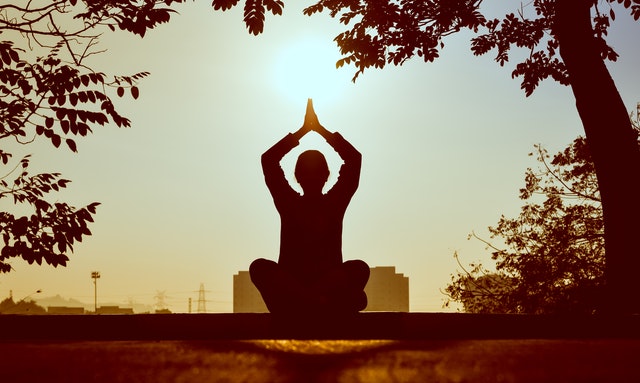
In Chinese medicine, there is a widespread belief that harmonizing with the seasons will help prevent disease and maintain health. In modern times, we have lost a lot of this knowledge and eat foods out of their naturally occurring seasons, trying to keep the same energy and activity level year long – something we aren’t made to do.
Winter is the most Yin season in Chinese medicine, which represents a dark, slow, inward moving energy – the most we will have all year. This season represents the element of water with the corresponding yin and yang organs being the kidneys and bladder, respectively. The kidneys hold our fundamental energy, or essence. We nourish our kidneys through rest, gentle movement, and our herbal and food choices.
Rest fully
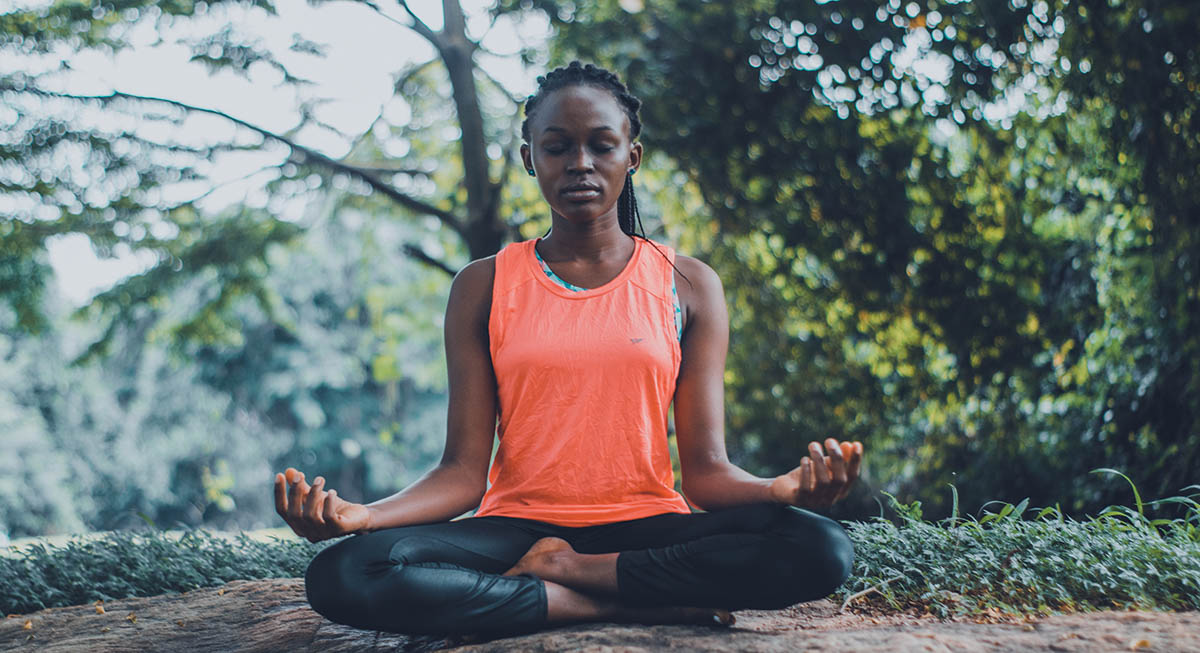
This is a season where many mammals hibernate so if you are craving more sleep and less activity, listen to your body. Winter is a time for physical and emotional nourishment. Gravitate toward inward activities like meditation, reading and writing. For meditation newbies, know there are many ways to meditate. Some people need music or sound to stay stimulated; others are content with breathwork and silence. Both are perfect!
Move gently

One reason as to why meditation is so powerful in the winter is because, in Chinese medicine, the brain is seen as an extension of the kidneys. Winter is a great season to exercise your brain. Moving meditations through qi gong, yoga or tai chi are other fantastic options.
Eat wisely
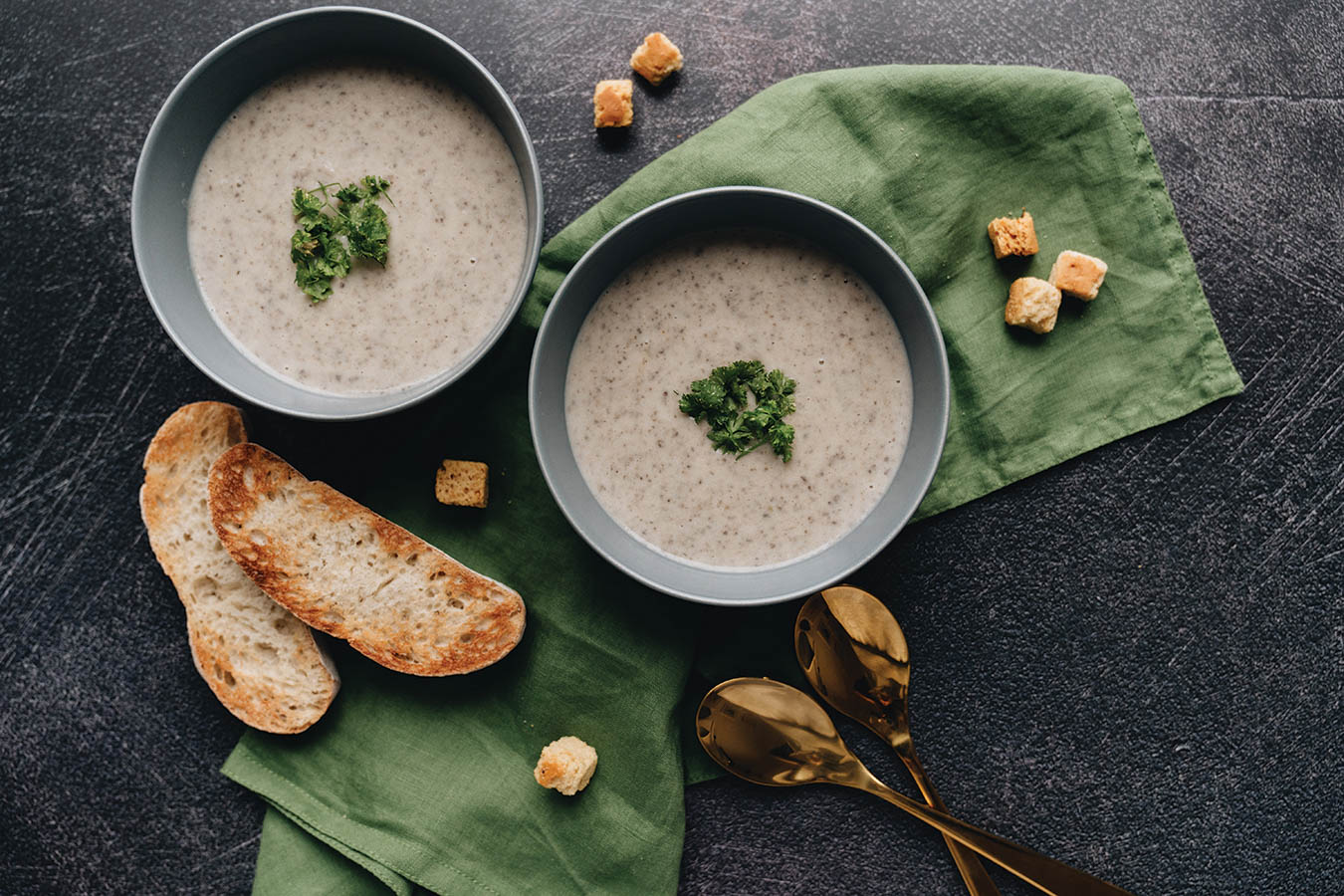
Food choices for the winter season are important for optimal health. Stay away from cold, damp foods like smoothies and ice cream. Instead, move toward warm, nourishing foods like bone broth, soup, curries and hot pot. Many cultures have traditional winter dishes that are spicy, warm and nourishing. Winter is a great time to explore these recipes from your family’s cultural background or try something new!
Remedy herbally
Herbal remedies are important to keep you going throughout the winter season. These are a few of my favorite herbs to help boost the immune system:
Mushrooms:
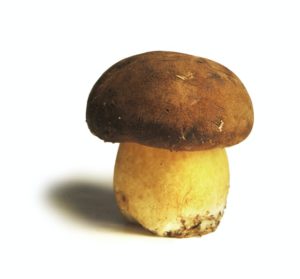
Mushrooms help reduce the effects of stress on your body by building your resistance to different physical and chemical stressors. My favorite mushrooms include the Cordyceps, reishi, lion’s mane, turkey tail and shiitake, which all have different supportive effects on the body. Mushrooms help your concentration, immune system response, and also lower inflammation and increase energy levels. In Chinese medicine, many of these mushrooms nourish the heart and tonify blood and qi (energy), which is why you see the positive effects on energy level and stress.
Echinacea:

From a Chinese medicine perspective, this herb enters the lung and spleen meridians, which correspond to our immune system response. It increases wei qi (defensive qi) and reduces inflammation. It is an herb that releases the exterior, meaning it’s great for stuffy noses, fever, head colds and other symptoms. This herb helps prepare the body for cold and flu season.
Astragalus:
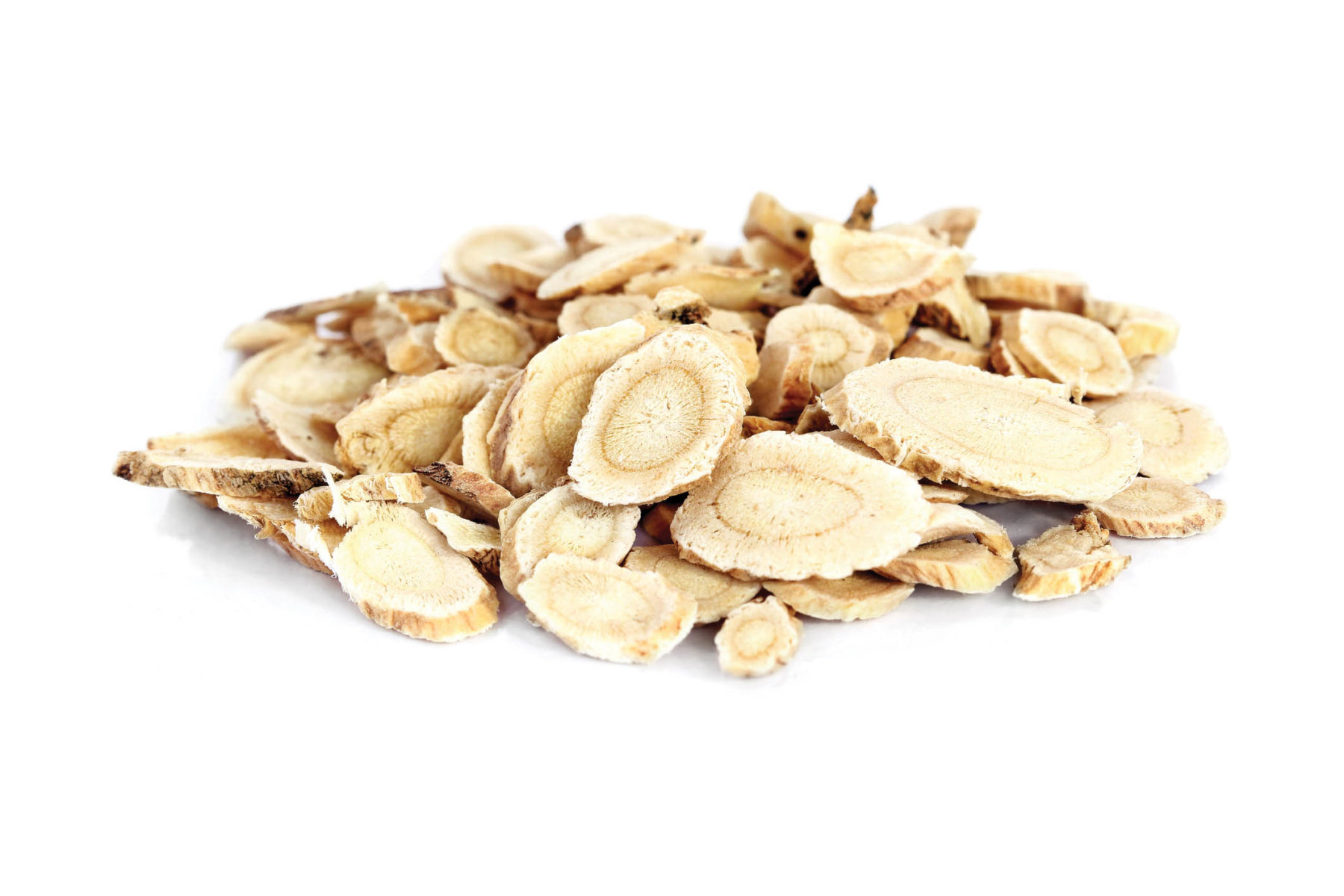
This herb also enters the lung and spleen meridians. It’s a blood and qi tonic, which helps with energy level and immune response. It helps create a protective barrier to the outside world by working strongly on your wei qi or first immune response. This herb also helps eliminate allergies when used at a therapeutic dose prescribed by your healthcare provider.
Ginseng:
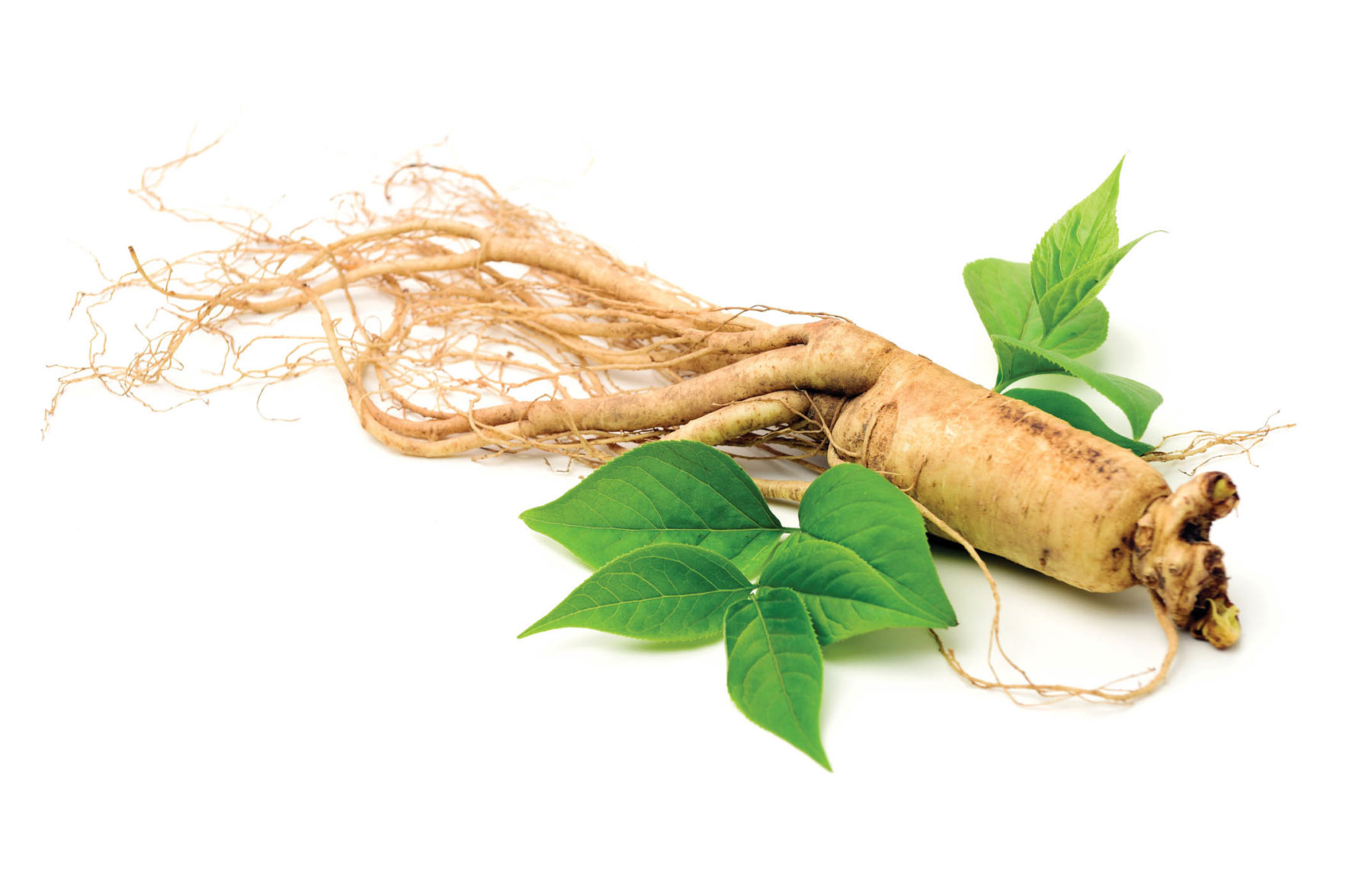
Ginseng is another herb that focuses on the lungs and spleen. It also nourishes the kidneys and works well for certain respiratory conditions and anxiety. Ginseng increases your energy levels and helps you return to a sense of calm in your body.
Overall, if you find yourself getting run down and tired, do less and rest. Listen to your immune system and nourish it to keep yourself healthy.
Think of the ways you are spending energy, and ask yourself – are these things serving me? Am I doing what I want to do with the energy I have? In this season of restoration, check in with yourself, identify your strong boundaries and discover where they can be improved.
As always, talk to your local acupuncturist, holistic health care practitioner or herbalist about the best herbs and supplements for your body. All herbs mentioned have potential side effects and reasons why you wouldn’t want to use them. The information in this article is for education purposes only and not meant to prescribe.
About the Author

Isabel Meijering is an acupuncturist in Austin, Texas and is the owner of “Admiring You Wellness.” She has a B.S. in biomedical sciences with a minor in psychology and has a deep love for both eastern and western medicine. She also has her master’s in acupuncture with a specialization in Chinese herbal medicine as well as cupping therapy and her doctorate in acupuncture and Chinese medicine.






